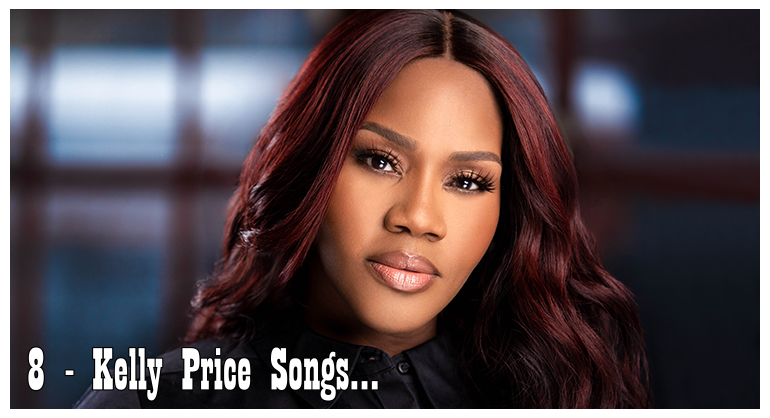(ThyBlackMan.com) At one time or another, most of us have suffered from some form of depression. Environmental influences, societal pressure, and personal expectations are a few factors that may have an impact on one’s own mental health. As Black men, we are often taught that any display of emotion is a sign of weakness. – Therefore, we have learned to internalize not only our happy and joyful moments, but also our fears, frustrations, and anxieties. Historically, Black men have not enthusiastically sought out the help or assistance from mental health services when faced with everyday struggles and challenges. However, it is important for all Black men to make meaningful changes in the way we approach battling the litany of unique challenges we face. Our attitudes and approach to seeking mental healthcare needs to change in order for us to survive and thrive in a society that often does not consider our personal need for a healthy and balanced existence as valid.
Research has shown that many Black men view being a “real” man as the ability to provide for family, achieving the respect of others, financial success, and self-sufficiency. Black men are advised to “man up” when faced with difficult personal problems, or told to “handle your business.” This way of thinking communicates two unhealthy messages: One, don’t expect help from others, and two, it suggest using individual problem-solving strategies rather than asking for the support from family, friends, and mental healthcare professionals. This in itself it not necessarily a bad thing, but neither is asking for assistance. Other factors in our reluctance to seek professional help is a general distrust of the medical system, as well as a mistrust of mental health providers and the sometimes enormous cost associated with such treatment.
In We Real Cool: Black Men and Masculinity, Black feminist writer and cultural critic bell hooks discusses the lack of love and acceptance that Black men face that creates an emotional crisis. Hooks argues that most Black men have not been taught or even allowed to talk about their emotional experiences, good or bad. This type of denial further creates a sense of isolation, anger, and resentment which sometimes fosters emotional volatility that manifest in self-destructive acts. According to Harold Neighbors, unfortunately, Black men have learned to quickly convert hurt feelings into anger. Jor-El Caraballo, therapist with Talkspeak.com explains, “Many Black men are opposed to seeking mental health treatment. In order to get help, they have to crack the cool façade that bell hooks talks about. As a Black man myself, I’ve felt that tension. I’ve seen clients struggle through letting themselves be in a vulnerable position, even while sitting across from someone who looks just like them.”
Caraballo suggest that online therapy, or e- therapy, cyper-therapy, or text therapy might be a good approach for those Black men who many not feel comfortable talking to someone face to face. These therapies are popular because of its accessibility. The benefits include a client’s ability to plan out exactly when and how they want to express themselves and get their point across to their therapists. It is also a way of recording and keeping track of your thoughts and your progress.
According to Susan Weinstein, for a lot of Black people – Black men in particular, mental health issues are not considered to be medical issues, but character flaws, signs of weakness and/or private matters. The lack of Black representation could also be viewed as another factor why Black men do not seek out mental health services. Although Solomon Carter Fuller was the first Black man to graduate with a degree in psychiatry in 1897, statistically, Blacks have not kept pace with the growing demand for mental healthcare in and for our communities.
Weinstein states that only 3.7 percent of psychiatrists are Black and 1.5 percent of psychologists are Black. “This is especially troubling because mental health professional of color are more likely than others to provide mental health services to members of minority racial and ethnic groups. The U.S. medical establishment has a disastrous history in how it has treated Black people.” Another barrier to traditional mental health services is an overemphasis on the use of antidepressants. Also, Black men may feel uncomfortable with someone different culturally or socioeconomically.
Dr J. Corey Williams, a Black, Yale educated psychiatrist argues that the marginalization of Black Americans takes place frequently and on almost every level in the modern medical system. “In my work as a psychiatrist, I often observe the differential treatment of patients based on race and ethnicity. This discrimination may take the form of differential prescriptions patterns, increased restraint use in hospital among Black patients, diagnoses are less likely to receive certain medicine for the same conditions as whites, and Blacks are less likely to be prescribed newer, better tolerated medicine called atypical antipsychotics and receive older medicine with worse side effects.” But what can be done to overcome the disparities in treatment in order for more Black men to seek treatment and not have to shoulder another obstacle in addition to mounting mental health concerns overall?
According to Dr. Williams, the medical field, as a whole, must take steps to confront implicit bias, and provide training and correctives actions in regards to its treatment of Black people, especially Black men. Also, it is important to acknowledge and address other social determinants, e.g. housing, educations, employment, etc, that may also have influence on how we can gain access to adequate mental healthcare.
Why (Some) Black Men are Reluctant to Seek Mental Health Treatment sources
Harold Neighbors. “Manning can often bring men down.” 14. July. 2019. AAMC. Web. 16. Oct. 2019
bell hooks. “We Real Cool: Black Men and Masculinity.” 2004, Routledge: New York. Web. PDF. 14. Oct. 2019
Jor. El Caraballo. “How to find a Therapist with a Similar Cultural Background.” 03. July. 2019. Talkspace. Web. 18. Oct. 2019
Susan Weinstein. “Stigma and other factors affects Black use of Mental Health Services.” Careforyourmind.org. 06. Feb. 2018. Web. 17. Oct. 2019
Staff Writer; Gustavus Betts
One may connect with this brother on Facebook; G. Betts and Twitter; Gustavusb.

















Leave a Reply